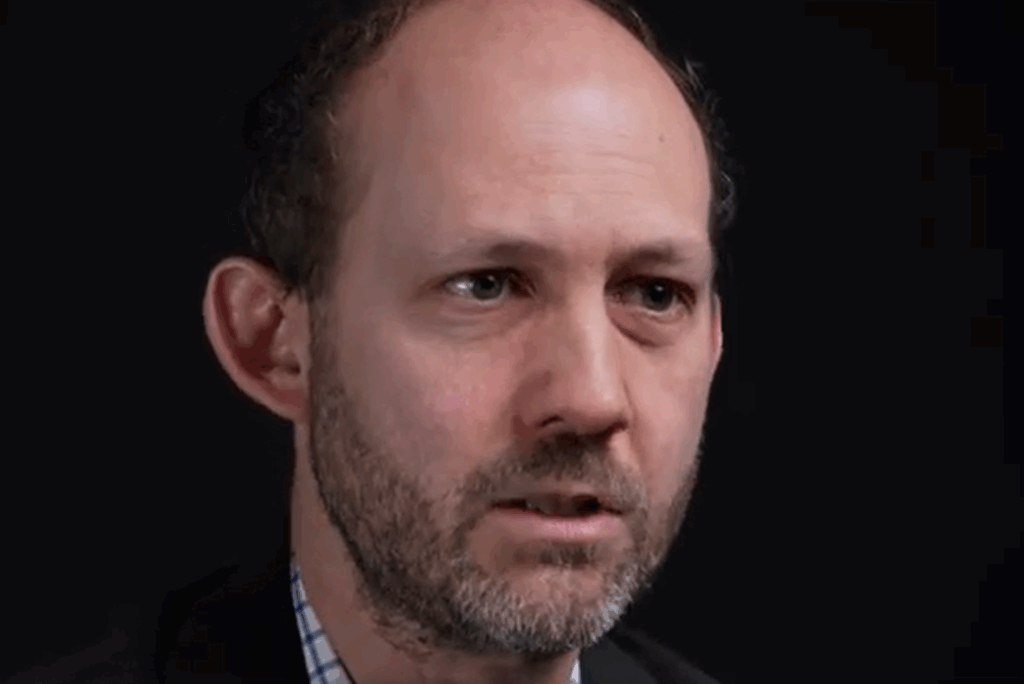OPINION: The recent Defra announcement on 21 October will be welcome news to Anaerobic Digestion (AD) providers and local authorities alike, ending almost five years of uncertainty since the Resources and Waste Strategy was published in 2018.
Whilst there remain some questions around when Defra’s ‘new burdens funding’ will be paid to councils and how ‘modelled estimates of costs and savings’ may impact what is repaid, the Defra announcement is a significant and positive step forward for AD providers, local authorities and the wider resources and waste management sector.

Biogen welcomes the news that waste collection authorities will be required to introduce weekly food waste collections to all households in England, including flats, by 31 March 2026. Since the publication of the Government’s Resources and Waste Strategy in December 2018, Biogen has worked closely with local authorities and the wider resources and waste management sector to plan for the implementation of separate food waste collections.
Through this engagement, feedback from some local authorities suggested there was significant uncertainty around future funding for food waste collections. However, this latest announcement from Government means the vast majority of councils can push on with plans to collect food waste for recycling at kerbside.
Anaerobic digestion
Whilst the Government has permitted councils to collect food waste and garden waste mixed at the kerbside, Biogen welcomes the Government’s preference ‘for food waste to be collected for treatment by anaerobic digestion’. This technology offers Local Authorities a better economic route for food waste treatment, but also presents the best environmental outcome for separately collected food waste.
The AD process generates clean, renewable gas and electricity for UK homes and businesses, improving the UK’s energy security and providing a key cornerstone of the transition to Net Zero. The other output from the AD process, digestate, is used as a fertiliser, reducing reliance on artificial fertilisers and closing the recycling loop by enabling more crops to be grown. Crucially, AD keeps vital resources out of landfill and incineration, with AD providing a critical role in delivering a more circular economy for the UK.
A further key development within the Defra announcement is the confirmation that all food waste producing businesses with more than 10 Full Time Equivalent employees will be required to make arrangements for separate food waste collections by 31 March 2025 – whilst all food producing businesses will have to comply from 31 March 2027. This brings England into line with Scotland – which has been subject to similar requirements since 2014 – and Wales – where businesses producing over 5kg of food waste per week will be required to segregate this for separate collection from 6 April 2024.
Caution
Whilst Biogen – like the rest of the AD market – welcomed Defra’s announcement, we would urge caution around plans to include in statutory guidance that local authorities provide a fortnightly collection for residual waste as a minimum service standard. Many local authorities which provide food waste collections are moving towards three and four weekly residual waste collections, which have been proven to increase recycling rates and can deliver fiscal savings in residual waste collection and disposal costs. Three and four weekly collections are proven to operate effectively and deliver behaviour change that maximises recycling performance.
This is exemplified in Wales, where no less than ten councils currently collect residual waste every three or four weeks, with all of these authorities achieving recycling rates above 60% in 2021/22[1]. Biogen’s view is clear: if Government wishes to maximise opportunities to increase recycling performance, it should provide local authorities with the freedom to choose to collect residual waste three or four weekly if they feel this would benefit future recycling rates.
Contracts
Further, Biogen recognises that Government is not prepared to meet the costs of breaking long-term contracts. This means that in exceptional circumstances, specific local authorities may need longer to transition than 31 March 2026, where long-term waste disposal contracts run beyond this date.
It is vital that AD providers and local authorities are now given certainty around dates, and therefore crucial that transitional arrangements are reserved only for exceptional circumstances where the costs of breaking long-term contracts would be overly punitive. This will enable other councils to push ahead and implement food waste collections between now and 31 March 2026, in the knowledge that their reasonable net additional costs will be funded by Defra.
Nevertheless, Biogen welcomes Defra’s positive announcement on 21 October, which now enables the AD sector, local authorities and the wider resources and waste sector to properly plan and prepare with certainty. Biogen’s twelve food waste AD facilities across the UK mean we are well positioned to absorb any additional food waste tonnages resulting from separate weekly food waste collections – ensuring this resource is beneficially used to help the transition to Net Zero and a more circular economy in the UK.
[1] Source: https://myrecyclingwales.org.uk/local-authorities






Subscribe for free